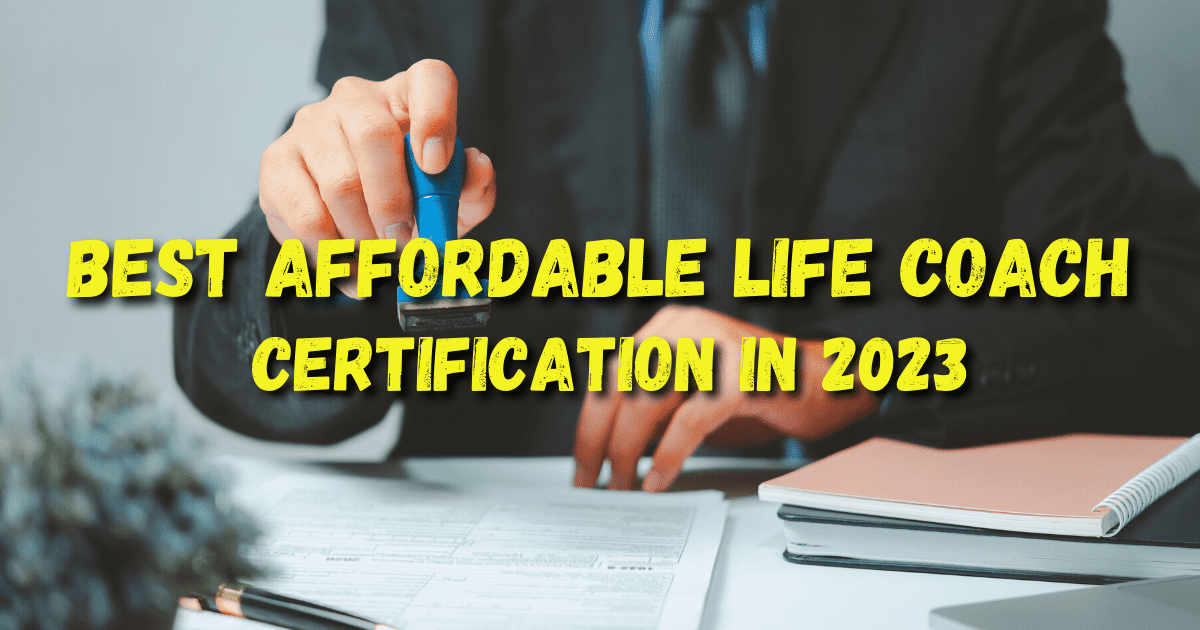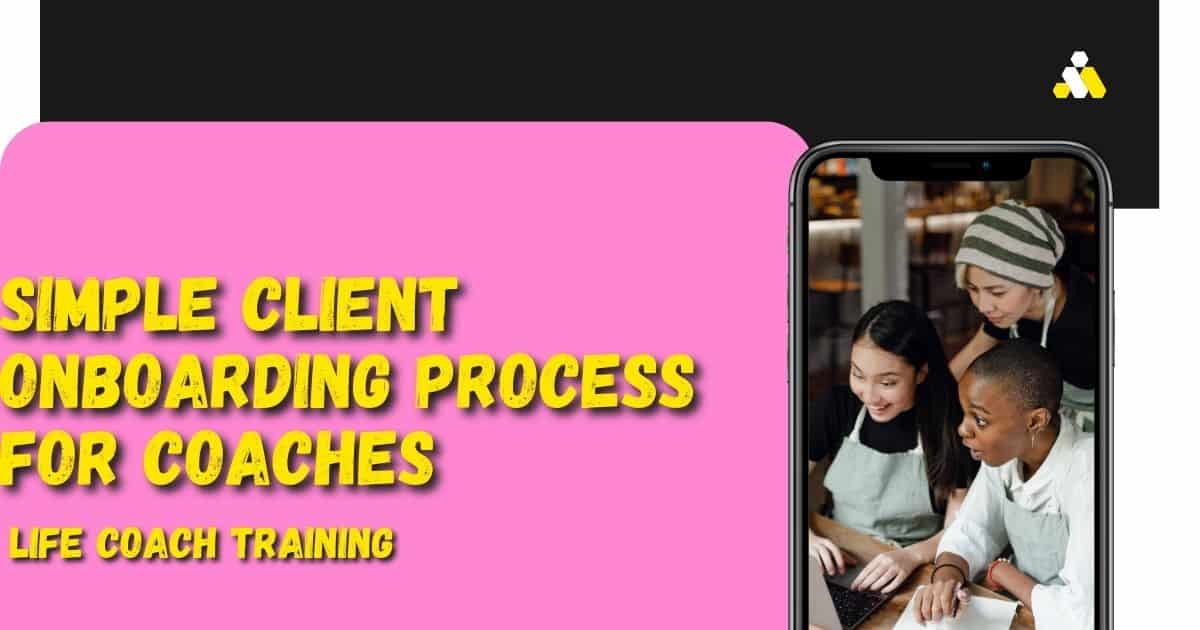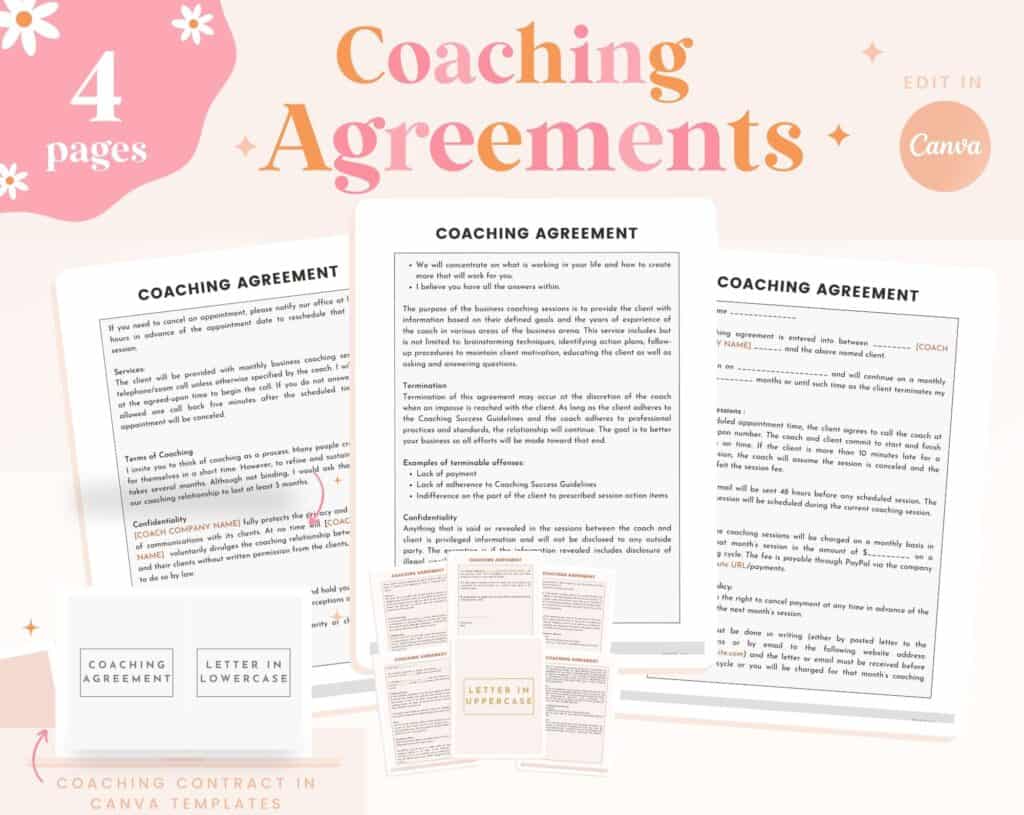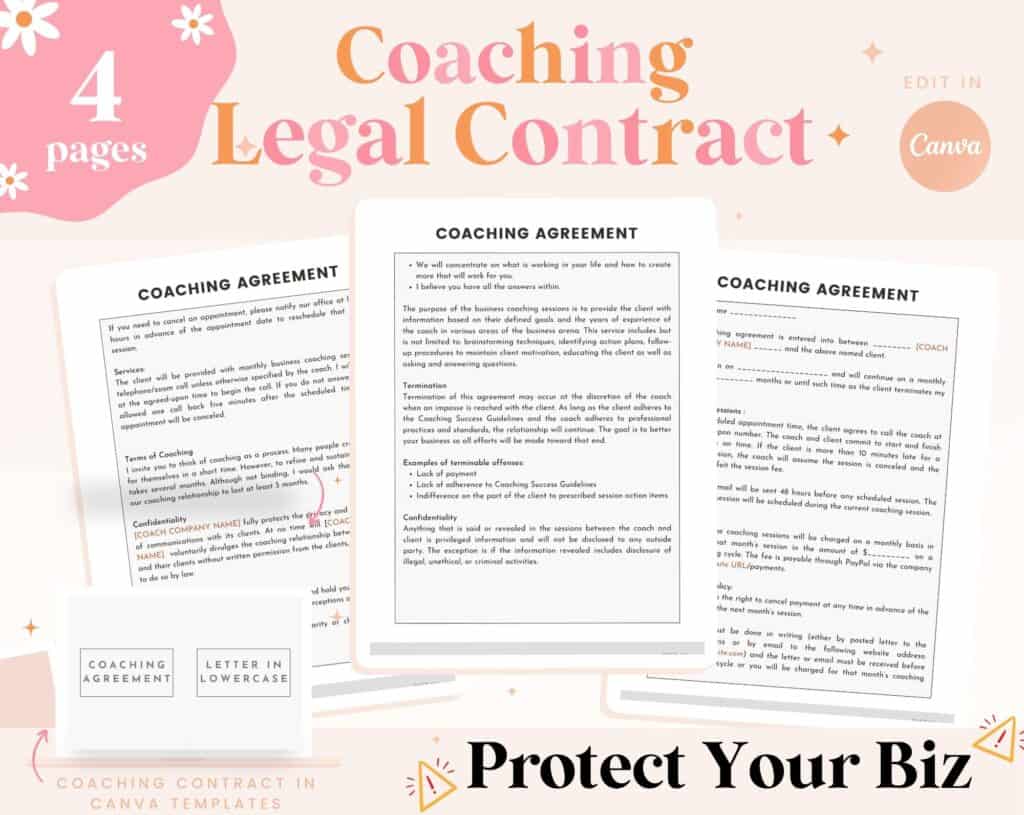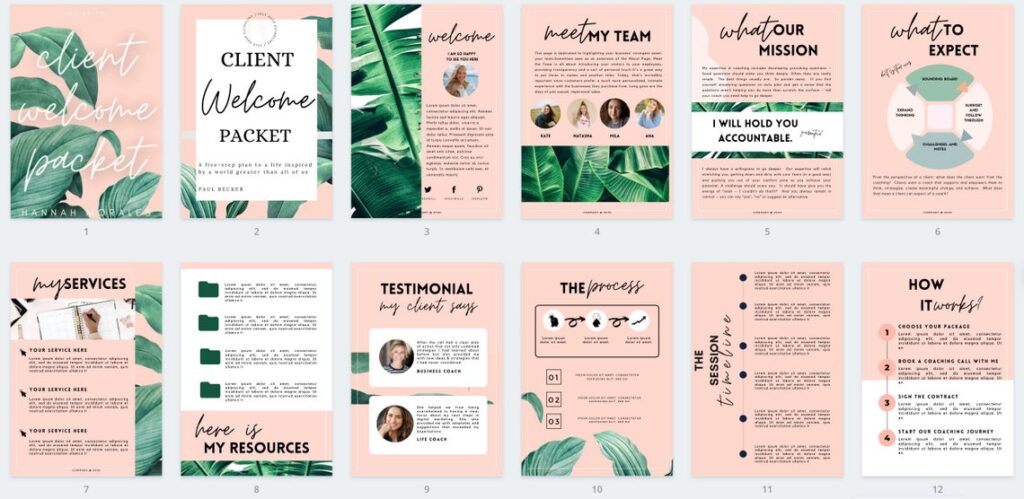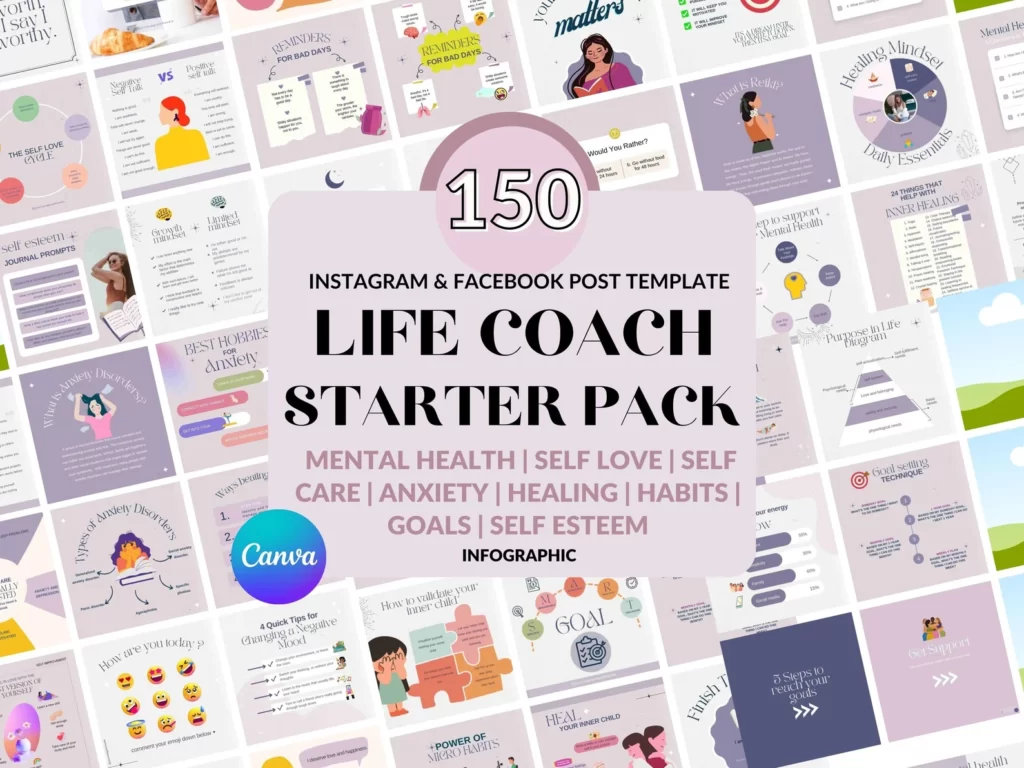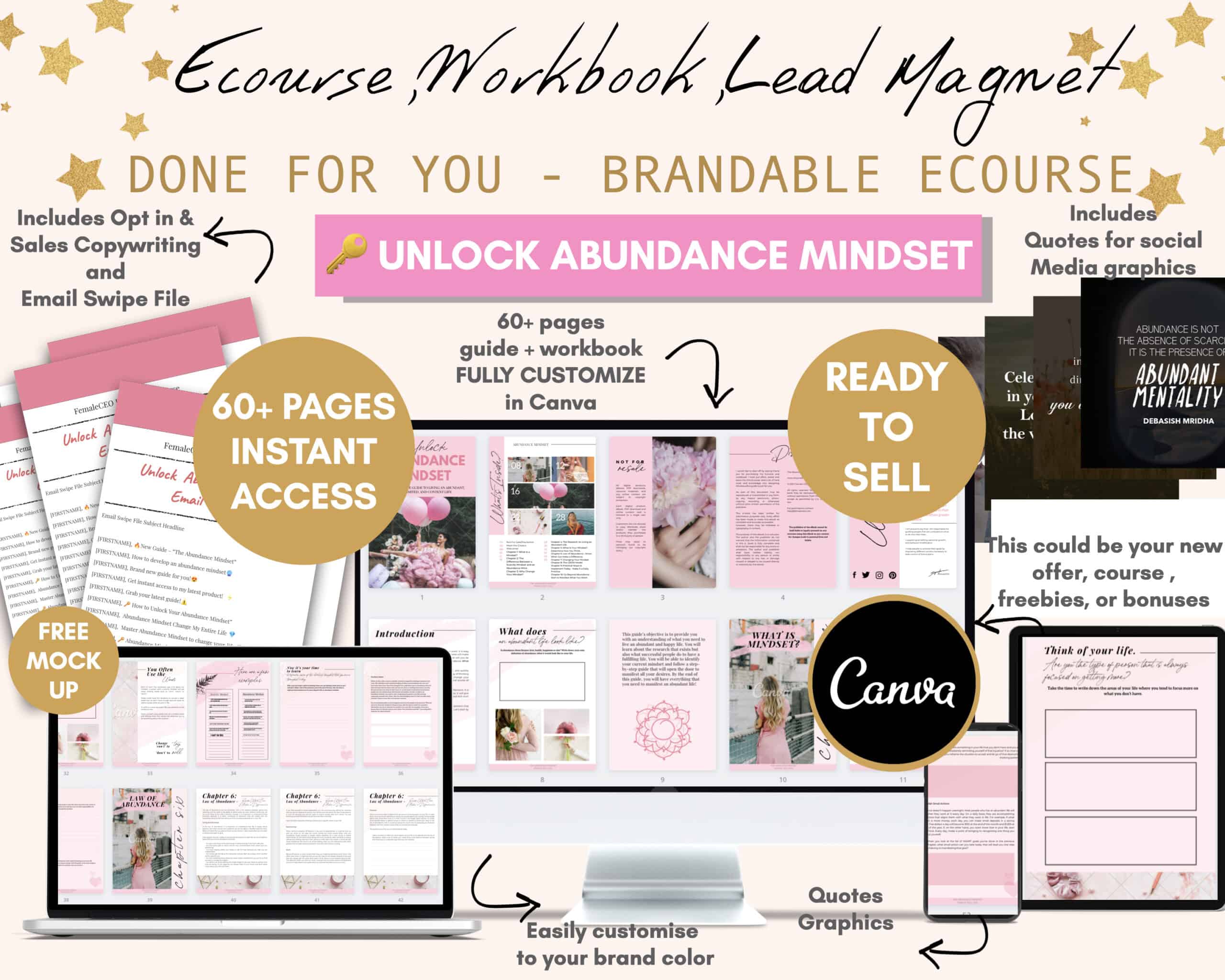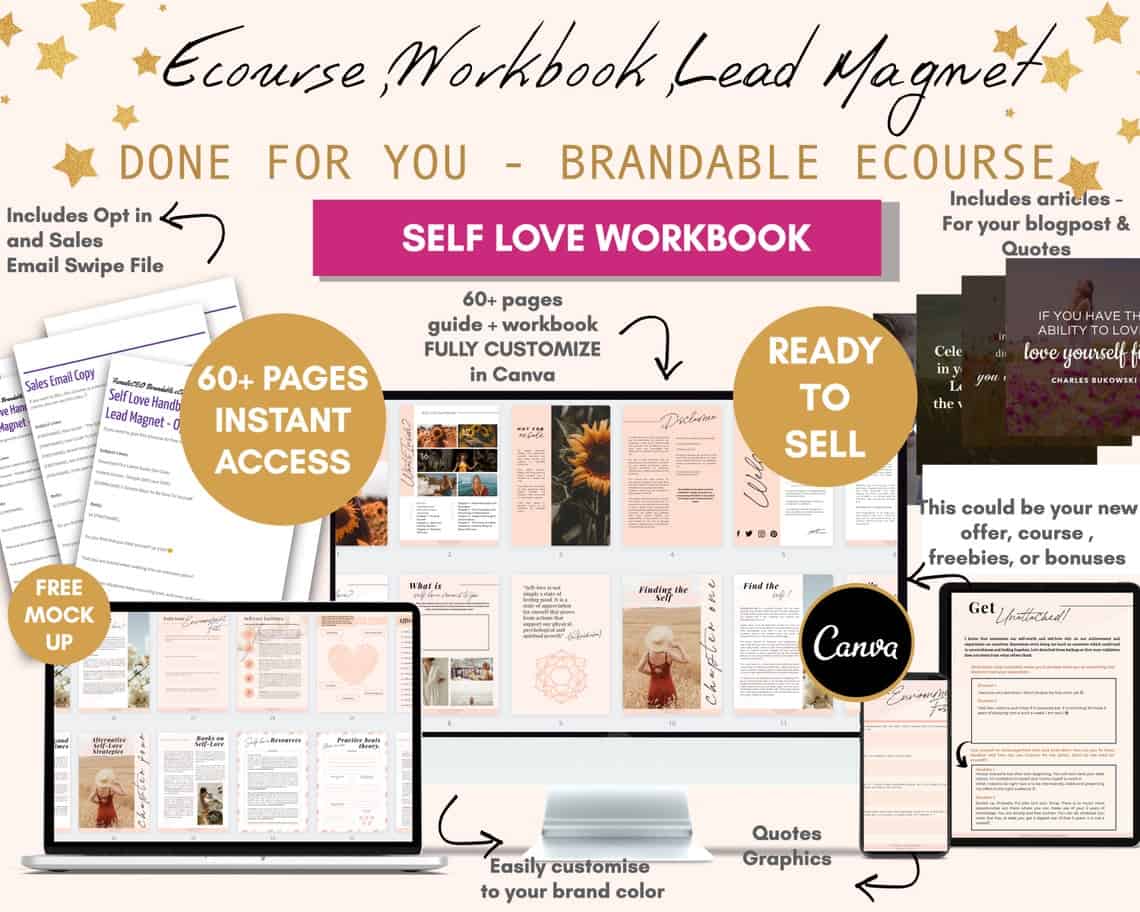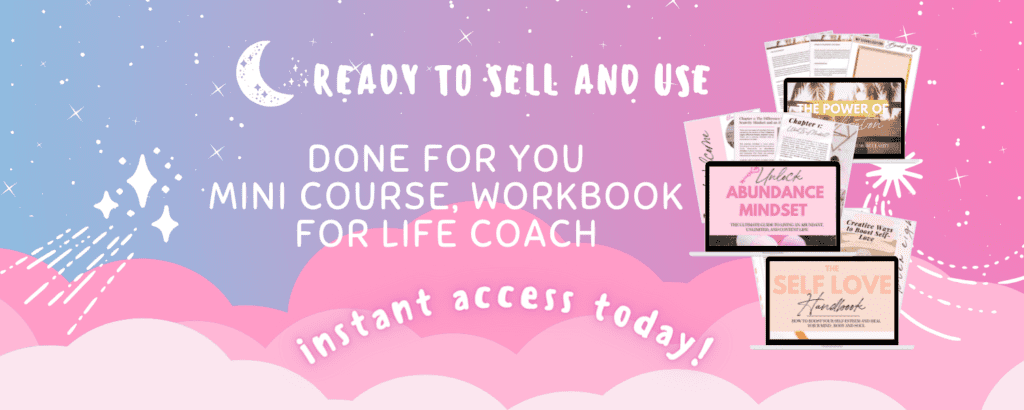The Best Affordable Life Coach Certification in 2023
What is life coaching?
Life coaching is a professional relationship in which a coach helps a person (the client) to achieve specific personal or professional goals and improve their overall well-being. Life coaching is designed to empower individuals to make positive changes in their lives and reach their full potential.
Life coaches work with clients to identify their strengths, weaknesses, and areas for improvement, and to develop a plan of action to achieve their goals. The coaching process often includes setting goals, exploring options and possibilities, building motivation and accountability, and providing support and guidance along the way.
Life coaches come from a variety of backgrounds and may specialize in specific areas, such as career coaching, relationship coaching, health and wellness coaching, or executive coaching. The coaching relationship is collaborative, empowering, and focused on helping the client to achieve their desired outcomes.
What is a Certified Life Coach?
A certified life coach is an individual who has completed a life coaching training program and received a certificate or credential that attests to their knowledge and skills in the field of life coaching.
Certified life coaches work with individuals and organizations to help them achieve their personal and professional goals. They use a variety of coaching techniques and approaches to help clients identify their strengths, overcome obstacles, and develop a plan of action to achieve their desired outcomes.
In order to receive a certification, individuals must complete the required training program, demonstrate their knowledge and skills through assessments and exams, and meet any additional requirements set by the certifying organization.
Best life coach certifications in 2023
Life coaching has become an increasingly popular profession, helping people to achieve their goals, improve their well-being, and lead more fulfilling lives. If you’re interested in becoming a life coach, obtaining a certification is an important step to build credibility, demonstrate your expertise, and advance your career.
In this article, we will explore the best life coach certifications available in 2023.
1. International Coach Federation (ICF)
The International Coach Federation (ICF) is a leading organization in the coaching industry, setting standards for professional coaching and offering credentials to coaches who meet those standards. The ICF offers three levels of certification: ACC, PCC, and MCC, which stand for Associate Certified Coach, Professional Certified Coach, and Master Certified Coach respectively. The ICF certification process includes assessments, coaching hours, and ongoing professional development, making it a comprehensive and rigorous program that demonstrates a coach’s competence and commitment to the profession.
2. International Association of Coaching (IAC)
The International Association of Coaching (IAC) is another prominent organization in the coaching industry, providing training, resources, and certifications to coaches. The IAC offers a range of certifications, including the Certified Professional Co-Active Coach (CPCC), the Associate Certified Coach (ACC), and the Master Certified Coach (MCC). The IAC certification process emphasizes a holistic approach to coaching, integrating emotional intelligence, spirituality, and holistic wellness into the coaching process.
3. National Coach Academy (NCA)
The National Coach Academy (NCA) is a leading provider of coach training and certification, offering programs that are accessible, affordable, and flexible. The NCA offers a certification program called the Master Certified Coach (MCC), which includes training, mentorship, and assessments. The NCA’s approach to coaching emphasizes a strengths-based and solution-focused methodology, helping coaches to build meaningful relationships with their clients and achieve lasting results.
4. International Institute for Coaching and Mentoring (IIC&M)
The International Institute for Coaching and Mentoring (IIC&M) is a professional organization that provides life coach training and certification programs. The IIC&M is committed to providing high-quality education and resources to help individuals become successful life coaches. Their life coach certification programs are designed to provide students with the knowledge, skills, and tools they need to be effective life coaches. The programs cover a range of topics, including coaching skills, business development, ethics, and more.
5. John Maxwell Team Coaching (JMT)
John Maxwell Team Coaching (JMT) is a coaching program and certification offered by the John Maxwell Company, a leadership development organization founded by John C. Maxwell, a well-known speaker, author, and expert in the field of leadership. The JMT program is designed to help individuals become successful life coaches, as well as help organizations develop coaching and leadership programs. The program covers a range of topics, including the principles of coaching, leadership development, personal growth, and business skills.
6. Coach Training Alliance (CTA)
Coach Training Alliance (CTA) is a life coach certification organization that offers training and certification programs for individuals who are interested in becoming life coaches. The organization was founded in 2000 and has since trained and certified thousands of life coaches worldwide. CTA offers a comprehensive life coaching program that covers all aspects of life coaching, including the coaching process, active listening, goal-setting, and ethical considerations. The program is designed to equip students with the knowledge and skills needed to be successful life coaches.
What to do after life coaching certification?
After obtaining a life coaching certification, individuals can pursue various career paths as a life coach. Here are some of the most common options:
1. Private Practice
Many life coaches choose to start their own private practice and offer their coaching services directly to clients. This can be done on a full-time or part-time basis and can be done in-person or online.
2. Corporate Coaching
Life coaches can also work with companies and organizations to provide coaching services to employees. This can include individual coaching sessions, group workshops, and team building activities.
3. Health and Wellness Coaching
: Some life coaches specialize in health and wellness coaching, helping clients improve their physical and mental well-being. This can include coaching on nutrition, exercise, and stress management.
4. Executive Coaching
: Life coaches can also specialize in executive coaching and work with senior leaders and executives to help them achieve their goals and reach their full potential.
5. Online Coaching
Many life coaches choose to offer their services online, using video conferencing platforms to work with clients from anywhere in the world.
The opportunities available after obtaining a life coaching certification are vast and varied, and many life coaches choose to specialize in a particular area or niche to better serve their clients.
Conclusion
In conclusion, choosing the right life coach certification can be a challenging task, but it’s essential for building credibility, demonstrating your expertise, and advancing your career as a coach. When evaluating certifications, consider factors such as training quality, program requirements, assessment criteria, and cost. By investing in a quality certification program, you can build your confidence and competence as a coach, and make a positive impact in the lives of your clients.
FAQs About Life Coaching Certification
Q1. What is life coaching certification?
Life coaching certification is a credential that attests to an individual’s knowledge and skills in the field of life coaching. It demonstrates that the coach has completed a training program and has met the standards set by the certifying organization.
Q2. What are the benefits of becoming a certified life coach?
The benefits of becoming a certified life coach include gaining credibility and recognition in the field, access to ongoing training and professional development opportunities, and the ability to provide better quality services to clients.
Q3. What are the requirements for life coaching certification?
The requirements for life coaching certification vary depending on the certifying organization, but typically include completing a training program, passing assessments and exams, and meeting any additional requirements set by the organization.
Q4. How long does it take to become a certified life coach?
The length of time it takes to become a certified life coach depends on the specific certification program and the individual’s prior experience and knowledge. Some programs can be completed in a matter of weeks, while others may take several months or more.
Q5. How much does it cost to become a certified life coach?
The cost of becoming a certified life coach varies depending on the specific certification program and the certifying organization. Some programs are more affordable than others, but the cost can range from a few hundred dollars to several thousand dollars.
Q6. What are the different types of life coaching certifications available?
There are many different types of life coaching certifications available, including certifications for career coaching, relationship coaching, health and wellness coaching, and executive coaching, among others.
Q7. Are life coaching certifications recognized internationally?
The recognition of life coaching certifications varies by country, but many international organizations recognize certifications from leading life coaching organizations in the United States and other countries.
Q8. What is the difference between a life coaching certification and a life coaching degree?
A life coaching certification is a credential that attests to an individual’s knowledge and skills in the field of life coaching, while a life coaching degree is a higher education degree, typically at the master’s level, that provides in-depth training and education in the field of life coaching.

